
views
New Delhi: The pro-talk faction of the ULFA has expressed its reservation over its demands being "unnecessarily over discussed" at the peace talks which it feels is "stretching" the parleys, sources said on Sunday.
"In almost every round of talks, the ULFA leaders have been reiterating that all their demands are fundamental and cannot be ignored. These demands are within the constitutional framework and the government should not make any attempt to confuse or ask them to give up on any of it," he said.
The last round of talks between ULFA (pro-talk) and central government's interlocutor AB Mathur was held in the last week of October here.
The faction, however, maintained that there have been some developments in the past one year and a final settlement might be reached before the year comes to an end.
The pro-talk faction, which comprises almost all the top rebel leaders who founded the group in 1979, initiated a dialogue with the Centre in 2010.
However, the parleys have seen slow progress due to deadlock over certain demands made by the ULFA faction, with the main being special land and natural resources rights for the indigenous Assamese people.
"Despite several deadlocks over the years, the government and the ULFA pro-talk faction are at the fag-end of the peace process. The government has informed the other party about its will to complete the peace process by December," the source told PTI.
The pro-talk faction is led by former rebels like Anup Chetia, Sasadhar Chaudhary and Jiten Dutta (all out on bail). The ULFA (Independent), which is headed by Paresh Baruah, does not endorse any talks with the government and continues to call for Assam's sovereignty.
Another reason that is believed to have paralysed the peace talks is the demand for tribal status for six communities - Tai Ahom, Koch Rajbongshi, Chutiya, Moran, Muttock and the Adivasi tea garden workers.
The communities together account for 20 per cent of the electorate in the state and play a decisive role in more than 40 of the 126 assembly constituencies in six districts of upper Assam.
Though the central and the state governments have shown interest towards implementing the demand, no concrete step has been taken.
The pro-talk faction is also of the view that a fruitful end to the peace talks would solve Assam's identity crisis and has advised the government against make any attempt to "create a divide among the group's leaders and the people of Assam over the issue as it did in Nagaland over the Naga issue".
The faction has alleged that the government tried to create a divide among the NSCN (IM) and the joint body of other NSCN factions called NNPGs for the Naga talks so that various demands which were "against national interest" could be diluted.
The central government and the Naga stake holders, which included various armed factions of NSCN, civil societies of the Naga talks, have claimed to have made a partial breakthrough in the decades-old peace talks even though the major demands of a separate constitution and the integration of Naga inhabited areas in the Northeast region hang in the balance.










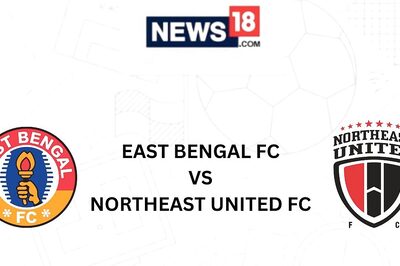
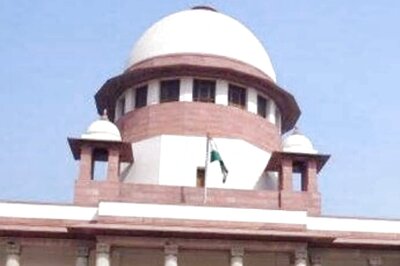
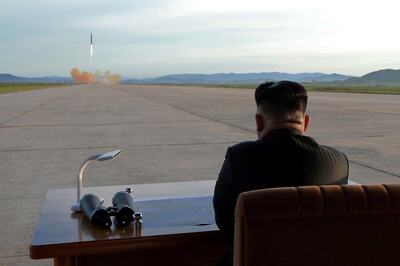
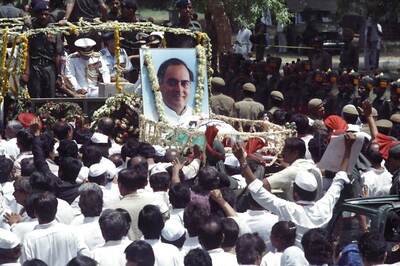

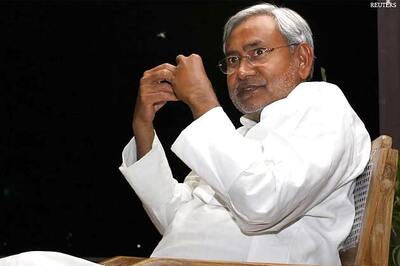
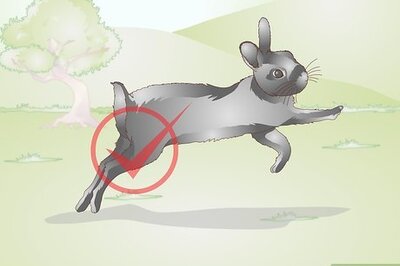
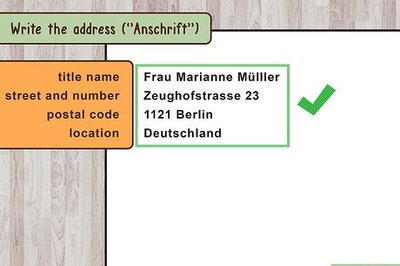


Comments
0 comment